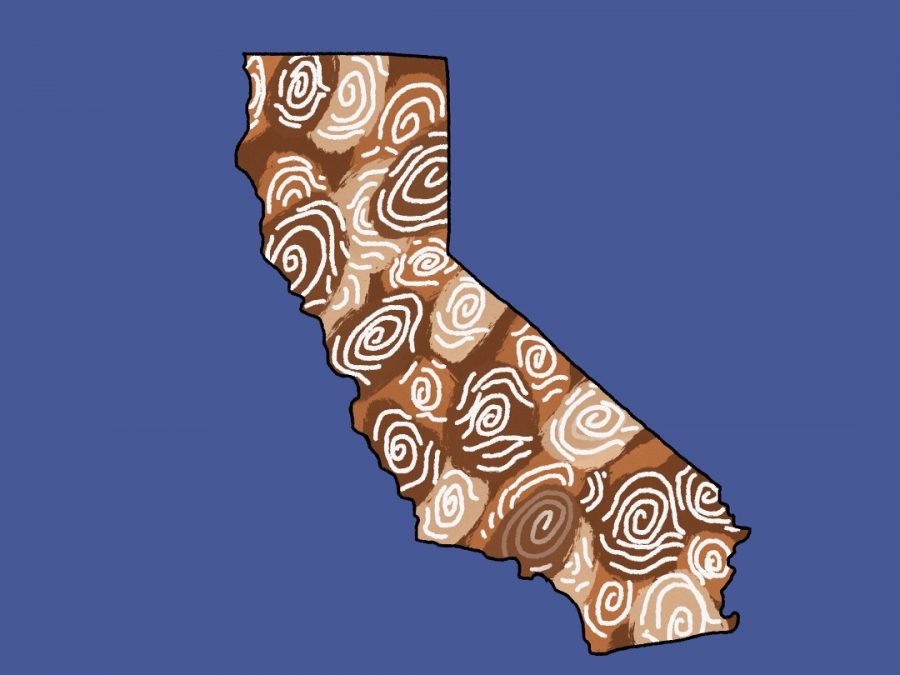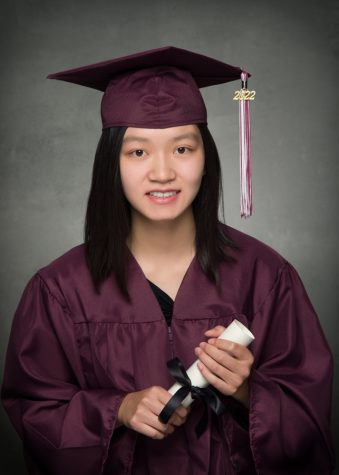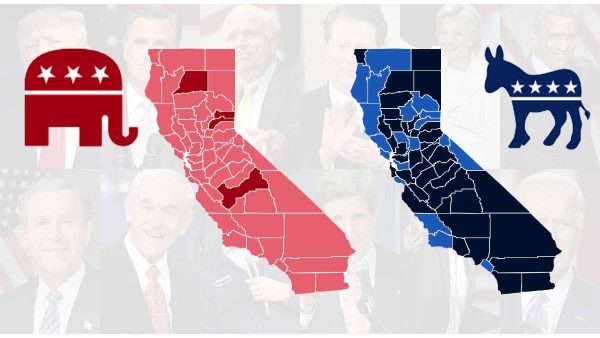California Controversy: CHS Students Divided on Ethnic Studies
Ethnic Studies aims to express the unique thumbprint and experience in the U.S for minorities. Despite controversy and pushback against the class, the program is set to be implemented in schools across California throughout the 2029-30 school year.
Gavin Newsom is well known for making history in California in his short time in office as California’s Governor. Late September, he did just that once more. Along with English, science, math and other graduation requirements, California high school students will have to take a course in ethnic studies to get a diploma starting in 2029-2030. Gov. Gavin Newsom signed a bill on October 8, 2021, that makes California among the first in the nation to list ethnic studies as a graduation requirement for all public high school students. While some view this as an act of “state solitary,” and a step towards diversity and cultural acceptance, others fear that the class might push an indoctrinated political narrative and not focus on the real issues.
Although Newsom was the first in America to mandate ethnic studies as a requirement to graduate high school with a diploma, the debate on whether ethnic studies should be allowed in schools has been raging for much longer. Democrats and left leaning voters strongly support this narrative, and believe it will encourage historical educational development and diverse cultural respect for students, while Republicans tend to believe that the idea of ethic studies in the classroom can be a platform for enforcing a one-sided view of American history. Gavin Brown, a Senior at CHS passionately spoke against Newsom’s passing a mandated ethnic studies class.
“The purpose of high school education should be to prepare students for the real world and give them the skills to get a job and to communicate with others,” Brown said. “This bill doesn’t do that in the slightest way. This bill is one side of the political spectrum trying to propagandize students and taint the message they’re trying to send with no room for discussion to question the aspects that this bill promotes.”
On the other hand, Evelyn Fontan disagrees, and sees the idea of an ethnic studies class a beacon of hope and critical for the education of future generations.
“This class is just sharing ideas which can only be positive,” Fontan said. “It will help students from multicultural classes who don’t always feel seen or heard in the curriculum that is being taught in classes. It overall leads to a better, more understanding educational system.”
While Fontan believes the philosophies taught through ethnic studies are valuable for both students of color and allies alike, Brown firmly believes that the class will not send the message it needs to. Instead, he worries about what will be taught in the classroom, and the detrimental effects it could have on future generations of students.
“If you take five minutes to look at the legislation, it pokes at the idea that the current model of patriotism and education in America is wrong, and it’s completely one sided,” Brown said. “It’s a propagandizing endeavor, where discussion against it is not tolerated.”
Brown is referring to what the bill contains, and the curriculum it promotes. The curriculum instructs teachers to help students challenge racist, bigoted, discriminatory, imperialist/colonial beliefs. The education program often cites the book, Rethinking Ethnic Studies by R. Tolteka Cuauhtin, the original co-chair of the Ethnic Studies Model Curriculum. Cuauhtin argues in his book that the U.S. was founded on Eurocentric, white supremacist, capitalist, patriarchal, heteropatriarchal and anthropocentric paradigm views brought from Europe. Brown believes these claims are not close to the truth and lie on one side of the political spectrum.
Fontan believes that the ethnic studies class will focus on a different viewpoint of American history, but she believes it to be a necessary step in the right direction.
“Most of our curriculum is based on eurocentric views and views from white philosophers,” Fontan said. “We don’t learn from diverse cultures. We should still honor the past, but it’s definitely time to move forward.”
This awareness is what Fontan advocates for, promoting diversity and empathy towards the struggles people of color, she claims, have faced in America.
An issue for many Californians on this bill is the ideology of teaching critical race theory in classrooms. Critical Race Theory was first developed at the university level as an academic lens through which to analyze how race and racism are enmeshed in institutional and systemic inequities in America. A footnote in the state’s ethnic studies teaching guide states that critical race theory acknowledges that racism is embedded within systems and institutions. However, when questioned about this, Fontan said she appreciates this acknowledgment of the inequalities she believes to be within the American school system.
“As a future course offered at CHS, ethnic studies will ultimately highlight the voices of people and communities that have glossed over or disregarded in our traditional curriculum, we can strive to make better everyday connections,” Fontan said. “It can benefit the educational system, because it gives students more knowledge of people around the world, and teaches us to interact with different cultures. We can gain cultural fluency, and kids of different backgrounds may not be having these discussions at home. Here at school, hopefully this class will make us more open minded to change.”
Although Brown believes that this idea may have good intentions, he worries the class will fail to give a factual account of history.
“What makes America so great is that anyone can have any view they wish to seek, and it can be about anything,” Brown said. “The fact that we leave discussion open to any topic is one of the great aspects of this country. This class will fail to follow that narrative. There is no room for discussion in a class that teaches one view of political rhetoric, and that promotes propagandized education.”
Despite controversies over the bill, the class will be set to become implemented into California’s high school system throughout the 2029-30 school year. Whether the class will produce great success or failure is something only the future can tell.
Hello there! Our goal is to provide relavent, engaging journalism for readers of all ages. Your donation will support the student journalists of the Wolfpacket at Claremont High School, and will allow us to purchase equipment, print our monthly issues, and enter in journalism competitions. We appreciate your consideration!

Lucas Grannis is a Junior at Claremont High School, and a third year staff member on the Wolfpacket. He currently holds the position of Head Opinions Editor...


















